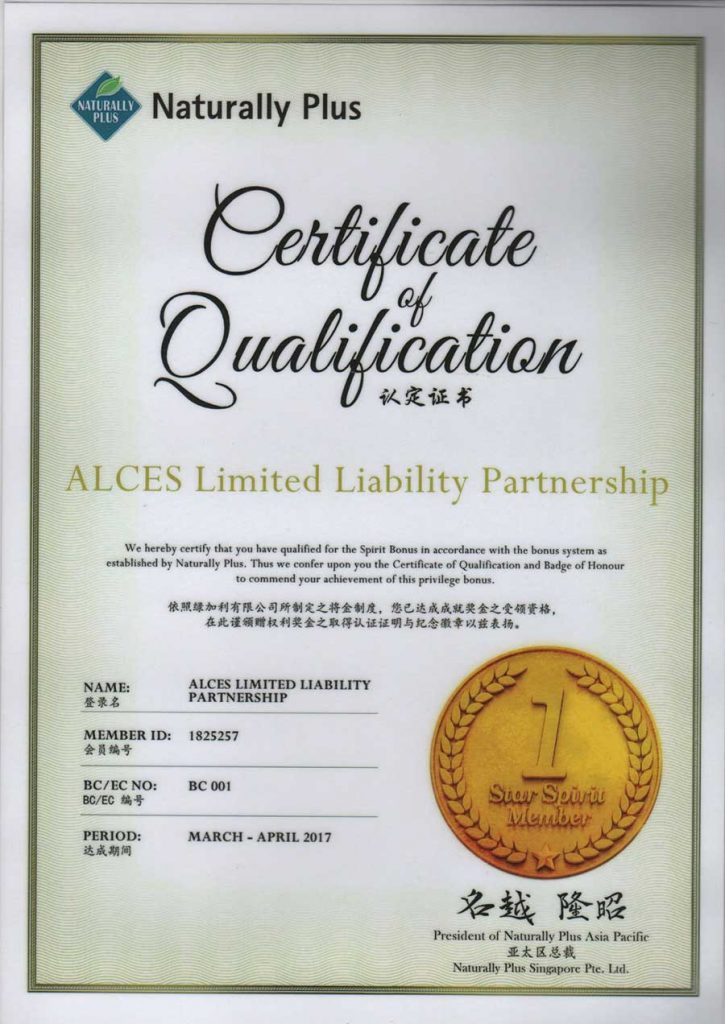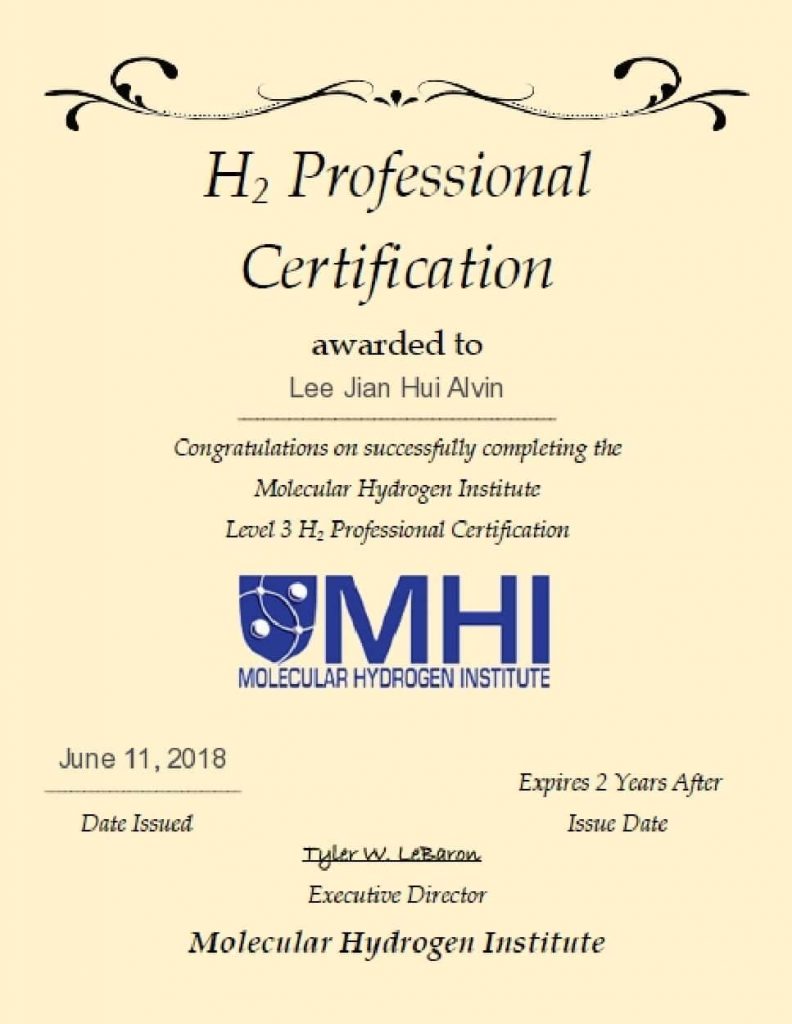Turning knowledge into action

We’ve all experienced it—the moment when we know exactly what needs to be done, yet struggle to act on it. Turning knowledge into action is one of the most challenging hurdles in personal growth and achievement. The gap between knowing and doing often feels daunting, leaving us frustrated and unable to make progress. However, with the right strategies and mindset, you can overcome this divide and transform your insights into meaningful accomplishments.
Why Does the Gap Exist?
Before addressing the issue, it’s important to understand why the gap between knowledge and action exists. Several factors contribute to this struggle:

Fear of Failure
The thought of making mistakes can be paralyzing. We often fear that our efforts may fall short of expectations, causing us to hesitate or avoid taking the first step altogether.

Lack of Clarity
Without clear goals or a defined path forward, knowledge can feel overwhelming and lead to indecision. The absence of a plan makes it difficult to translate ideas into actionable steps.

Procrastination
Delaying tasks often seems easier than tackling them head-on. This habit can lead to a cycle of avoidance, where the gap between knowing and doing only widens.

Overanalysis
Overthinking options and scenarios, also known as “analysis paralysis,” can trap us in a state of inaction. Instead of acting, we endlessly evaluate possibilities without making progress.
Strategies for Turning Knowledge Into Action
Bridging the gap requires intentional effort and practical strategies. Here are some effective approaches to start turning knowledge into action:

Setting Specific, Measurable, Achievable, Relevant, and Time-bound (SMART) goals helps break larger objectives into manageable steps. For instance, instead of setting a vague goal like “improve my fitness,” a SMART goal would be, “Exercise for 30 minutes, five times a week.” Clear, actionable goals make it easier to focus and build momentum.

2. Create Accountability
Accountability is a powerful motivator. Share your goals with a trusted friend, mentor, or colleague who can provide encouragement and hold you responsible for your progress. Regular check-ins help maintain focus and prevent procrastination.

3. Visualise Success
Visualization is a proven technique to inspire action. Take a moment to imagine the benefits of completing your task. How will you feel? What will you gain? By clearly envisioning the rewards, you’ll create motivation to take the necessary steps forward.
Practical Tips to Close the Gap
Start Small:
Begin with small, achievable actions to build confidence and momentum. For example, if you’re working on a big project, tackle one manageable part first.
Establish Routines:
Consistency is crucial when turning knowledge into action. Create daily or weekly routines that align with your goals. Whether it’s scheduling time for focused work or setting aside moments for self-reflection, routines make it easier to stay on track.
Leverage Tools:
Use planners, apps, or reminders to stay organised. Tools like task managers or habit trackers can help you prioritise activities and maintain focus on your objectives.
Celebrate Progress:
Recognising and celebrating small victories reinforces positive behaviour. Each completed step, no matter how minor, is a sign of progress toward achieving your larger goals.
Overcoming Common Obstacles
Even with the best strategies, obstacles can arise. Addressing these challenges is an essential part of turning knowledge into action:

Combat Perfectionism:
Striving for perfection often leads to inaction. Instead of aiming for flawless execution, focus on making consistent progress. Remember, “done is better than perfect.”
Manage Time Effectively:
Prioritise tasks by using techniques like the Eisenhower Matrix, which categorises activities based on urgency and importance. Allocating time for essential tasks ensures that you’re focusing on what truly matters.
Practice Self-Compassion:
Be kind to yourself when facing setbacks. Acknowledge your efforts and treat mistakes as learning opportunities rather than failures.
Avoid Overthinking:
Limit the time spent on planning and start acting. Taking even small steps can help break the cycle of analysis paralysis.
The Importance of Action
Turning knowledge into action is crucial for personal growth, career success, and overall well-being. Taking action transforms theoretical understanding into real-world results, bridging the gap between potential and achievement. When you take steps to act on your knowledge, you:
- Build self-confidence through accomplishments.
- Gain valuable experience that refines your skills.
- Create a sense of momentum that fuels continued progress.
Every small action you take contributes to your larger goals.
So to sum it up….
Bridging the gap between knowing and doing may seem challenging, but it’s far from impossible. By setting SMART goals, creating accountability, and implementing practical strategies, you can overcome the barriers that hold you back. Turning knowledge into action requires courage, consistency, and a willingness to embrace imperfection.
Remember, the journey of a thousand miles begins with a single step. Start small, stay committed, and celebrate your progress along the way. By taking deliberate action, you can transform your knowledge into meaningful achievements and unlock your full potential.
Remember to join the Social Avengers Club for more information, actionable tools and interesting insights.



